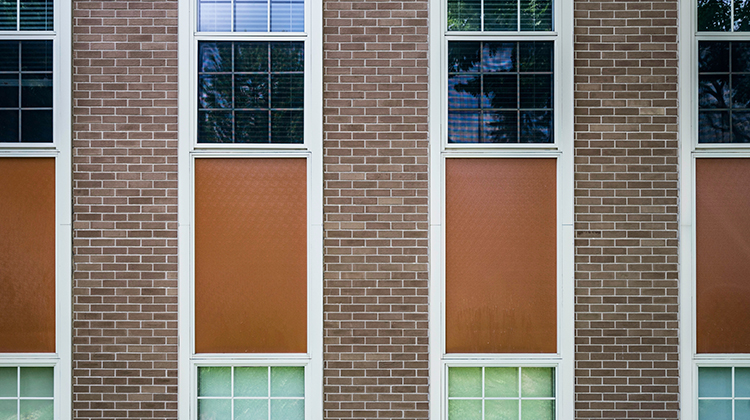Is High Schooler Angst Overstated?

High school can be a difficult time for many and research for the UK seems to confirm as much, finding students’ well-being levels decline sharply during their first years at secondary school, regardless of their circumstances or background.
Academics from the Universities of Cambridge and Manchester analysed the well-being and self-esteem of more than 11,000 young people from across the UK, using data collected when they were 11, and again when they were 14. The adolescents’ overall ‘subjective well-being’ – their satisfaction with different aspects of life (such as friends, school and family) – dropped significantly during the intervening years.
However, researchers in Australia question whether the findings are relevant to the local setting and if the study is based on a different premise to that which might be used in Australian research.
"This research from the UK suggests that adolescent well-being is declining at an alarming rate," write Dr Sue Whatman and Associate Professor Katherine Main of Griffith University.
"This recent research on adolescent wellbeing from the United Kingdom focusses on the dimension of self, discussing self-esteem as a protective factor against declining well-being. They suggest that more emphasis on self-esteem in schooling may support student wellbeing.
"Self-esteem can be developed by thoughtful, empathetic content and teaching in schooling; but this by itself does not greatly influence the social dimensions of the school environment and out-of-school environments.
"Well-being is a subjective concept which is defined and measured differently around the world. For example, the OECD's PISA Well-being framework measures dimensions of self, school environments and out-of-school environments. The PISA Well-being findings show that students' levels of educational disadvantage are a key driver of well-being meaning their social and environmental circumstances play a part,” they say.
Social acceptance is an important aspect of well-being, and Australian students have among the highest indicators of social acceptance for 15-year-olds of all OECD countries.
"Compared to other OECD countries, Australia ranks comparatively well with one of the largest percentages of top performers in reading among socio-economically disadvantaged students, which suggests that supporting social belonging within school environments, offers some protection from the documented effects of socio-economic disadvantage on learning engagement and academic attainment,” write Dr Whatman and Assoc Prof Main.
Teachers and schools can support adolescent well-being, through fostering successful transitions between home and school environments and creating a sense of belonging within school environments.
"This should start in the earliest years of schooling and becomes a protective factor for academic engagement into the middle years of schooling. Whole of school approaches that focus on social acceptance and sense of belonging are more likely to support adolescent wellbeing than focusing on self-esteem alone."
Dr Sue Whatman is an internationally recognised expert in health and physical education curriculum and sport pedagogy, in initial teacher education and teacher professional learning. As a Senior Fellow in Higher Education (SFHEA) at Griffith University, Sue's practitioner-focused research informs her award-winning teaching.
Associate Professor Katherine Main is an academic in the School of Education and Professional Studies at Griffith University. She teaches in both undergraduate and postgraduate courses on young adolescent development and middle schooling practices. Katherine’s current research focus is around student wellbeing and social and emotional development.
The Research from the University of Cambridge will be published in the British Journal of Developmental Psychology.